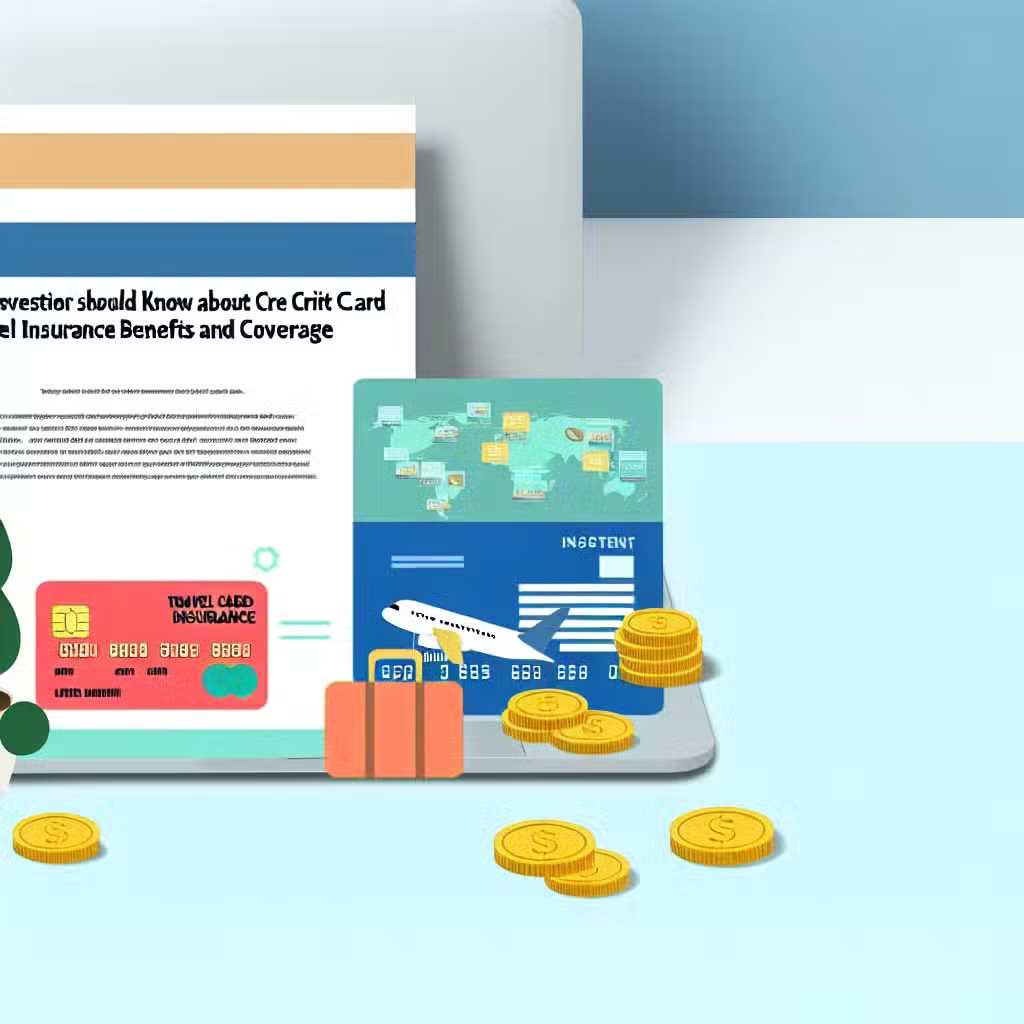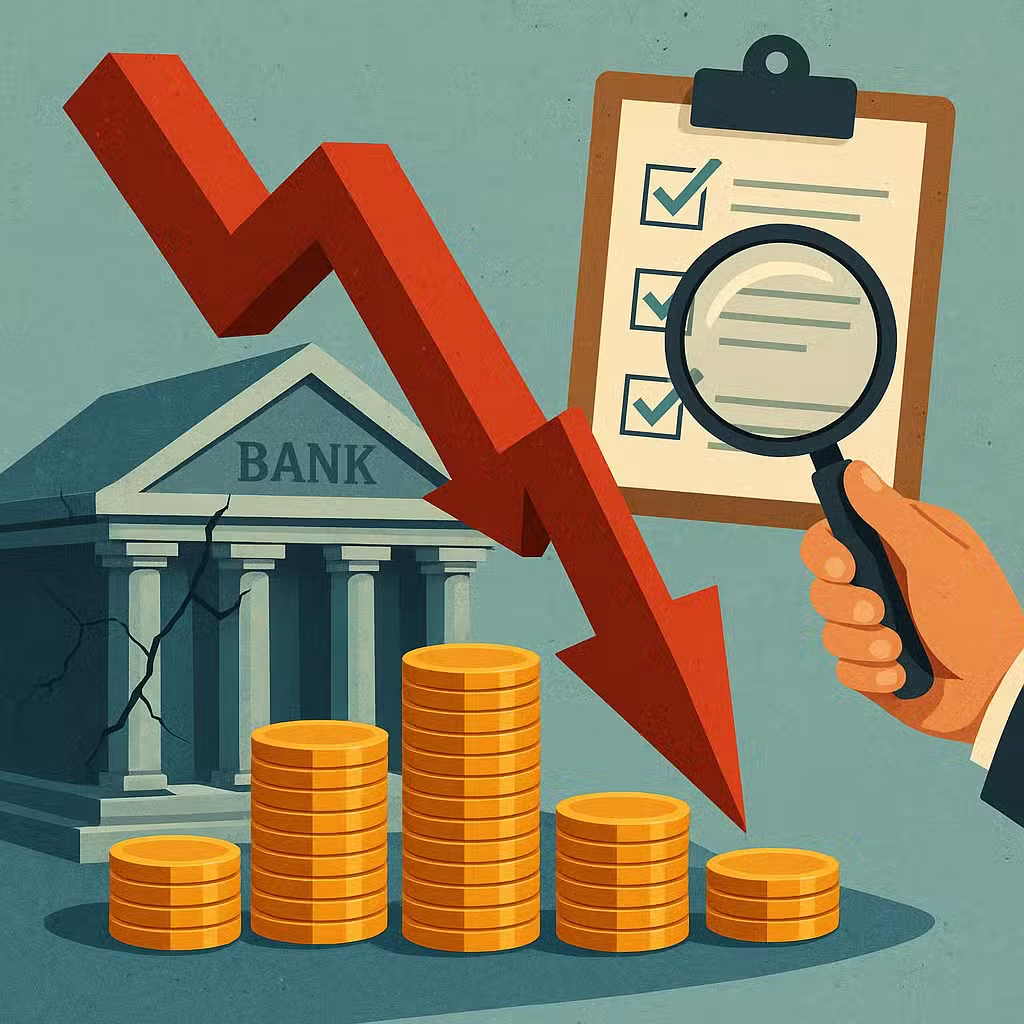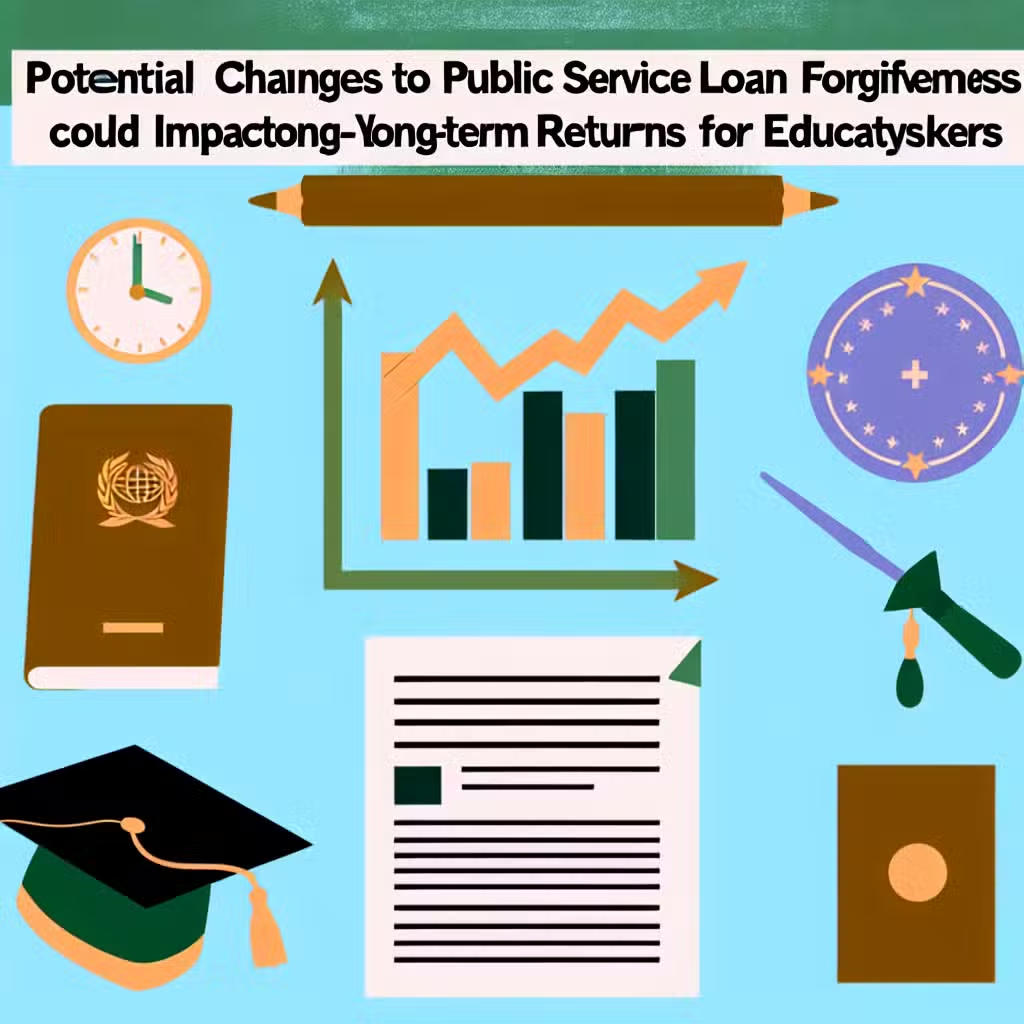What Investors Should Know About Credit Card Travel Insurance Benefits and Coverage
Think about planning a big family road trip, only to find out the main highway is closed—now everyone has to find new ways to get to their destination. That’s what’s happening to air travelers right now, and it’s causing a lot of confusion and worry.
Why This Matters for Investors
When there’s a government shutdown and airline flights get canceled or delayed, it’s not just travelers who feel the pain. Investors need to pay attention because these disruptions can hit airline stocks, travel companies, and even broader markets. When flights are grounded, fewer people travel, which means less money spent on hotels, rental cars, and restaurants. This ripple effect can impact entire sectors of the economy and your investment portfolio.
What’s Happening with Air Travel?
The Federal Aviation Administration (FAA) has ordered a big reduction in flights at 40 major airports across the U.S. Airlines are already canceling flights—almost 750 flights were canceled in one day, and more cancellations are expected. According to aviation data firm Cirium, this could affect up to 1,800 flights and over 268,000 seats every day.
With the FAA handling more than 44,000 domestic flights daily, these cutbacks could leave hundreds of thousands of travelers stranded or delayed. Experts say that if you’re flying soon, expect some chaos.
Historically, similar disruptions have caused airline stocks to drop. For example, during the 2013 U.S. government shutdown, airline shares fell by nearly 6% in just a few weeks (source).
Can Travel Insurance or Credit Cards Help?
Many people think travel insurance or their credit card will save the day, but it’s not that simple. Most basic travel insurance plans don’t cover government shutdowns unless you bought “cancel for any reason” or “interruption for any reason” coverage. The same goes for travel insurance through credit cards—coverage isn’t guaranteed for this kind of disruption.
The Pros: When Credit Card Insurance Helps
- Some credit cards offer trip cancellation or delay insurance, which can help pay for hotels, meals, or even a new flight if you’re stuck.
- About 29% of consumer credit cards have trip cancellation insurance (average coverage: $6,361), and 18% offer travel delay insurance (average coverage: $445), according to WalletHub.
- Certain cards provide extra perks, like airport lounge access or help paying for TSA PreCheck or Clear, to make delays a bit more comfortable.
- Credit card insurance may cover non-refundable costs, like prepaid hotels or tours, if your flight is delayed for a long time.
The Cons: Limits and Exclusions
- Not all cards have these perks, and the rules are different for each card.
- Many credit cards don’t cover disruptions caused by government shutdowns or FAA flight reductions.
- If you do make a claim, you often have to show you tried to get help from the airline first.
- Some coverage limits are low and might not cover all your expenses.
- Travel insurance, whether through a credit card or bought separately, can have lots of fine print and exclusions. Always check what’s actually covered before you travel.
What Should Travelers Do?
Experts recommend checking your credit card’s benefits guide before you travel. Also, keep an eye on airline policies—many are waiving change and cancellation fees right now. If you’re delayed, see if your card offers lounge access or reimbursement for meals and hotels. And if you’re stuck, your best bet is usually to contact the airline first, since they may offer vouchers or travel credits.
For more details on travel insurance stats, check out this helpful study from the U.S. Travel Insurance Association: 2022 Market Study Results.
Investor Takeaway
- Watch the travel and airline sectors—flight disruptions can hurt earnings and shake up stock prices.
- Diversify your portfolio to avoid putting too much risk in just one sector, like airlines or travel.
- If you’re traveling, read the fine print on your credit card and travel insurance before you go.
- Stay alert for broader market impacts; a government shutdown can affect more than just travel.
- Consider travel-related stocks’ long-term trends—short-term pain sometimes creates buying opportunities for patient investors.
For the full original report, see CNBC







